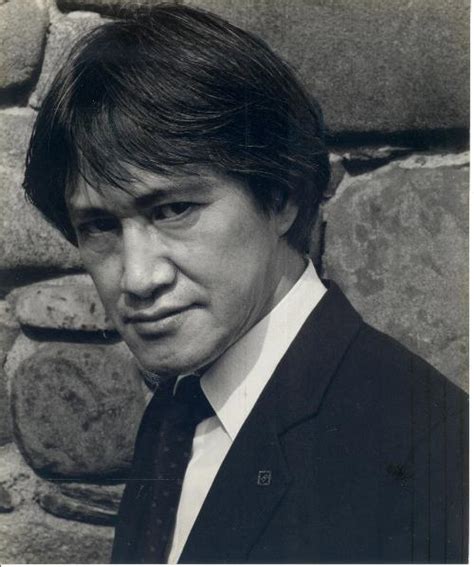A Quote by John Green
We Play the broken string of our instruments one last time
Related Quotes
I play trumpet. And I took all the music courses in college, so I can also play the string instruments, keyboard, the brass and woodwinds - but only well enough to teach them. If you put a violin in front of me, you wouldn't say, 'My God, that guy can play.' It'd probably sound more like Jack Benny.
Not only are we not using any programmed loops or computers onstage, we're also improvising with our instruments. We're playing our instruments probably more so than most people that I see play their instruments. I think we all sort of strive for that - we all want magical things to happen onstage. We don't say "mistakes" in this band, we call them "highlights."
The mastery of one's phonemes may be compared to the violinist's mastery of fingering. The violin string lends itself to a continuous gradation of tones, but the musician learns the discrete intervals at which to stop the string in order to play the conventional notes. We sound our phonemes like poor violinists, approximating each time to a fancied norm, and we receive our neighbor's renderings indulgently, mentally rectifying the more glaring inaccuracies.
There is a time in our lives, usually in mid-life, when a woman has to make a decision - possibly the most important psychic decision of her future life - and that is, whether to be bitter or not. Women often come to this in their late thirties or early forties. They are at the point where they are full up to their ears with everything and they've "had it" and "the last straw has broken the camel's back" and they're "pissed off and pooped out." Their dreams of their twenties may be lying in a crumple. There may be broken hearts, broken marriages, broken promises.
To that world assembly of sovereign states, the United Nations, our last best hope in an age where the instruments of war have far outpaced the instruments of peace, we renew our pledge of support - to prevent it from becoming merely a forum for invective - to strengthen its shield of the new and the weak - and to enlarge the area in which its writ may run.
Mostly I listen to old-time music, some bluegrass, some Americana stuff, too many to name. But of the younger acts, there are The Freight Hoppers, who were big in the '90s, and The Foghorn Stringband from Oregon, and there's a lot of young string bands coming up now, basically punkers who play acoustic instruments forming new bands.
At that time, 73 and 74, I became aware that there were a number of us making instruments. Max Eastley was a good friend and he was making instruments, Paul Burwell and I were making instruments, Evan Parker was making instruments, and we knew Hugh Davies, who was a real pioneer of these amplified instruments.
Water, earth, air, fire, and the other parts of this structure of mine are no more instruments of your life than instruments of your death. Why do you fear your last day? It contributes no more to your death than each of the others. The last step does not cause the fatigue, but reveals it. All days travel toward death, the last one reaches it.



































